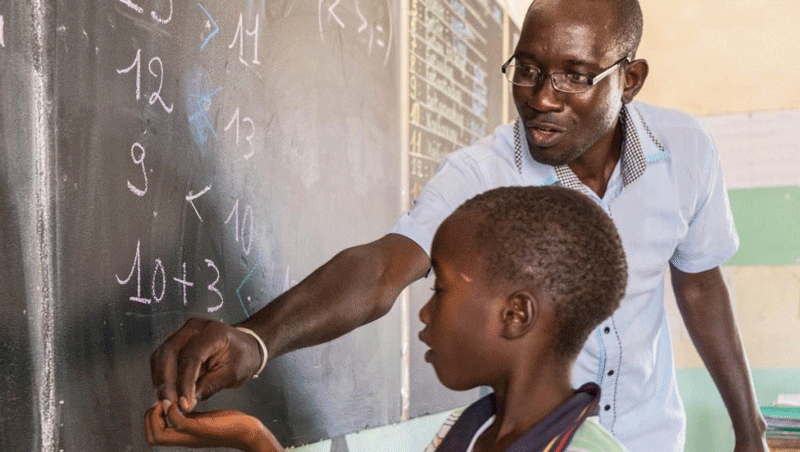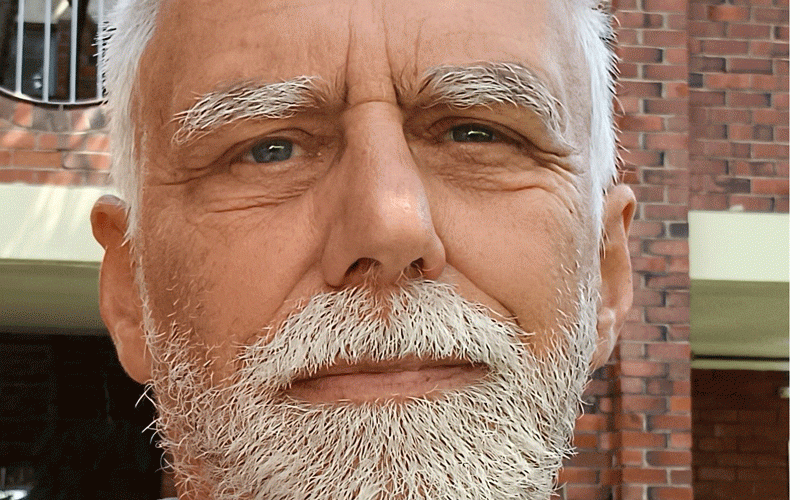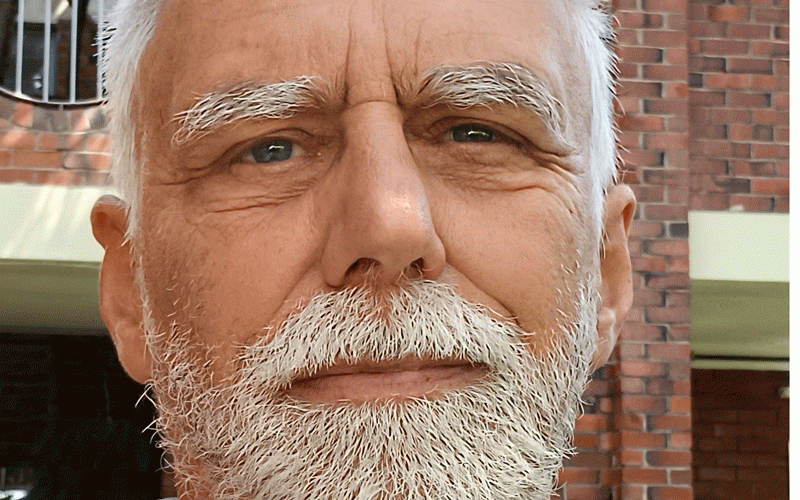
A teacher returned to his home country following a fruitful period of employment in different countries overseas and applied for teaching jobs, having been enriched by those experiences.
Despite a full and positive CV, there was no interest in what he offered; there were no offers; few interviews even.
After a while someone indicated that the reason for this lack of engagement was that he was “not familiar with the country’s educational system”.
That response was troublesome. Firstly, this teacher had been trained and indeed taught in that country’s very educational system previously and secondly that teacher had succeeded in two other countries where he had not initially been familiar with the system.
Thirdly, though, and more importantly, the question had to be asked: is being familiar with the system all that matters for a teacher to get a job?
Was there no concern as to whether that teacher could teach?
Is knowledge of the system the key requirement?
A bigger concern though is whether the beloved system with which a teacher apparently must be familiar is indeed working.
- Mavhunga puts DeMbare into Chibuku quarterfinals
- Bulls to charge into Zimbabwe gold stocks
- Ndiraya concerned as goals dry up
- Letters: How solar power is transforming African farms
Keep Reading
What if the system is actually not delivering?
As we consider more closely and honestly our own educational system here in Zimbabwe, we may well discover that the system here is not delivering.
There are many reasons for that.
Firstly, our educational system is producing programmed people, not principled ones. We are simply churning out youngsters who will behave well if they are in uniform or if there is a responsible authority figure (a teacher or a parent) around.
The reasoning they have is that they can do what they want as long as they do not get caught; they do not consider if something is right or wrong.
Secondly our system focuses too much on leadership, which is only for a few, and not enough on responsibility, which is for all.
We do not take responsibility for ourselves or for our neighbours because that is the job of leaders, we are taught.
If we did take responsibility for our own actions, doing what is right, and also for our neighbour (or even enemy), and they also did the same, then the role of leader would be entirely different – and better.
Thirdly, our system promotes qualifications more than character. The first, indeed only, thing that schools and officials will delight to proclaim is academic results while it is also the one thing parents think is needed.
Yet all we are producing is clever criminals, people who know how to get around the wider world’s system without getting caught.
They have no character based in values.
Linked to that, our system focuses purely on academics instead of the broader holistic education that will enrich the lives of the youngsters and equip them better for life beyond school. Indeed, our system promulgates seniority as opposed to service.
No-one will learn the vitally important and necessary commitment to serve while there is a system in place where the older ones get the younger ones to do everything for them.
Furthermore, our system is all about rules and regulations, which for the most part are negative and limiting, instead of standards and values, which are positive and liberating. It requires no thought, only acquiescence.
Linked to that, then, our system is all about teaching instead of learning, where the teacher is more important than the learner.
The teacher pours knowledge in, the pupil simply must regurgitate it, yet twenty-first century learning puts the emphasis on the child learning key skills that will enable them to learn for themselves.
The system says textbook, not discovery.
Our system delights in direction but not in differentiation; all schools, despite being radically different in many ways, must adhere to the same directives.
It delights in equality not equity. It goes by the letter of the law rather than the spirit, yet as it has been said (and experienced) “the letter kills but the spirit gives life.” The system kills; the teacher must give life.
Sadly, our education system is like a computer system, which is described as “a set of integrated devices that have input, output; process and store data and information”.
That is not education and if we think it is then we are the very victims of such an educational system.
Let us find, train and release teachers who know how to help youngsters learn, not those who are familiar with a crumbling outdated system.
All systems must go; only then will we be able to go further.
Tim Middleton is the executive director of the Association of Trust Schools [ATS]. The views expressed in this article, however, are solely those of the author in his private capacity and do not necessarily represent the views of the ATS.
email: [email protected]
website: www.atschisz











